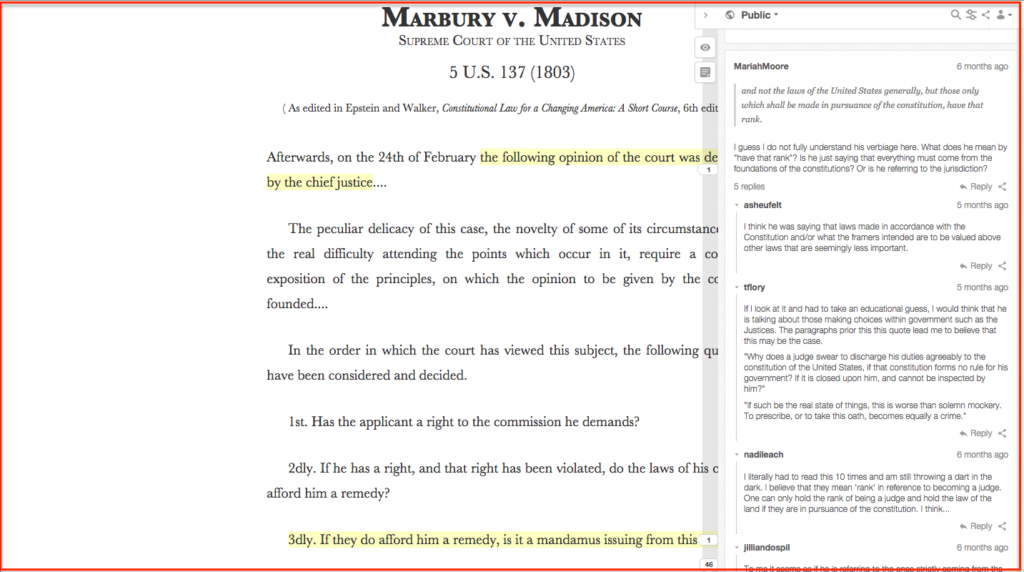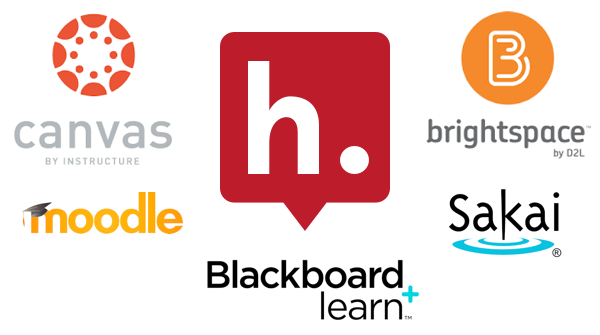by Lauren Horn Griffin, Department of Religious Studies Your Blackboard course menu includes Hypothesis on your “build content” menu. Hypothesis works with files you add to your course. It also works with any website. Hypothesis is a teaching tool that allows you to have your students “show” how they are reading your course content. With the Hypothesis tool, anyone in the course may add annotations with text, images, websites, and LaTeX equations. Anyone in the course can reply to those […]
Read More from Teach Your Students Active Reading: Assign Texts in Blackboard with Hypothesis








